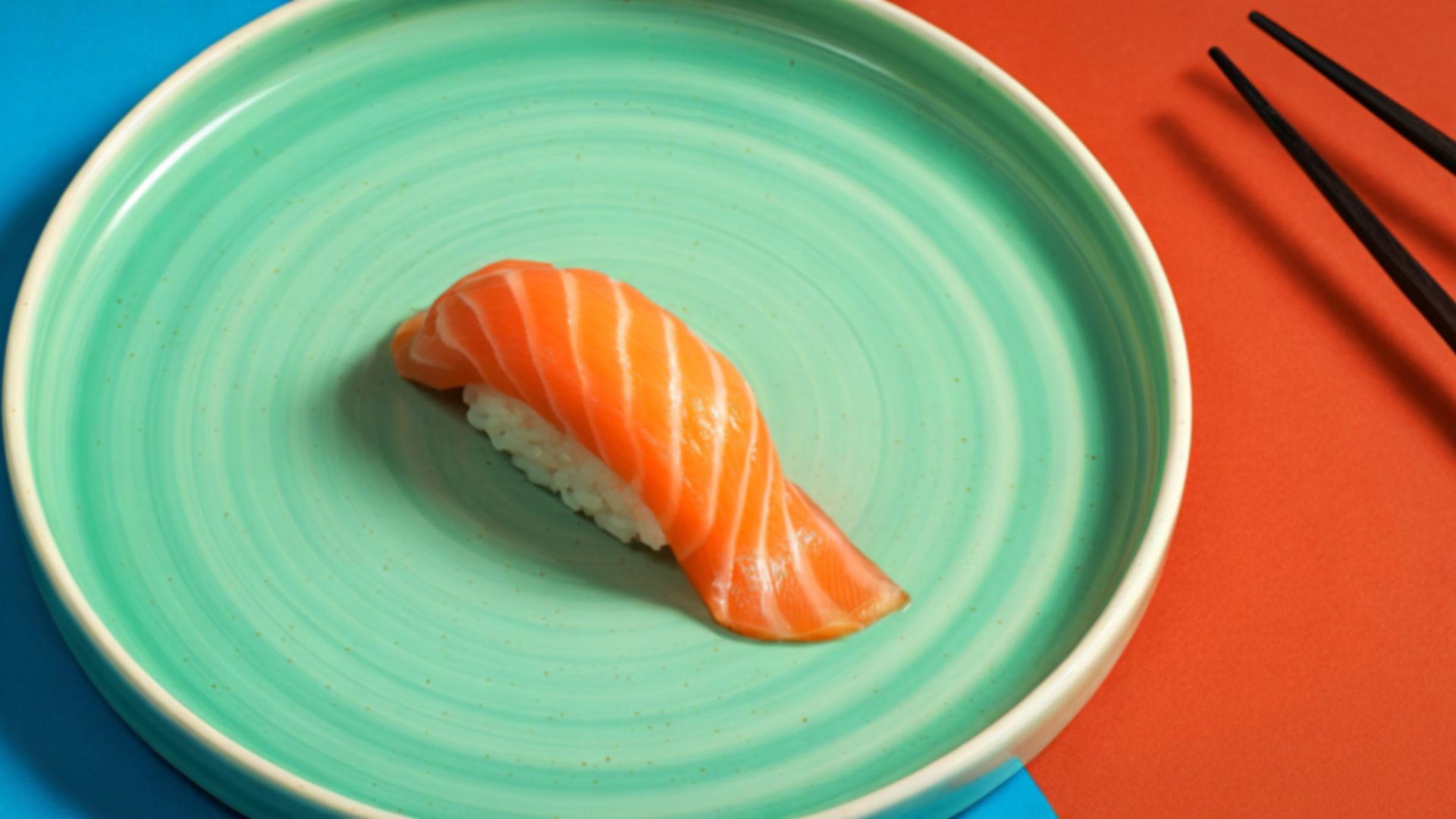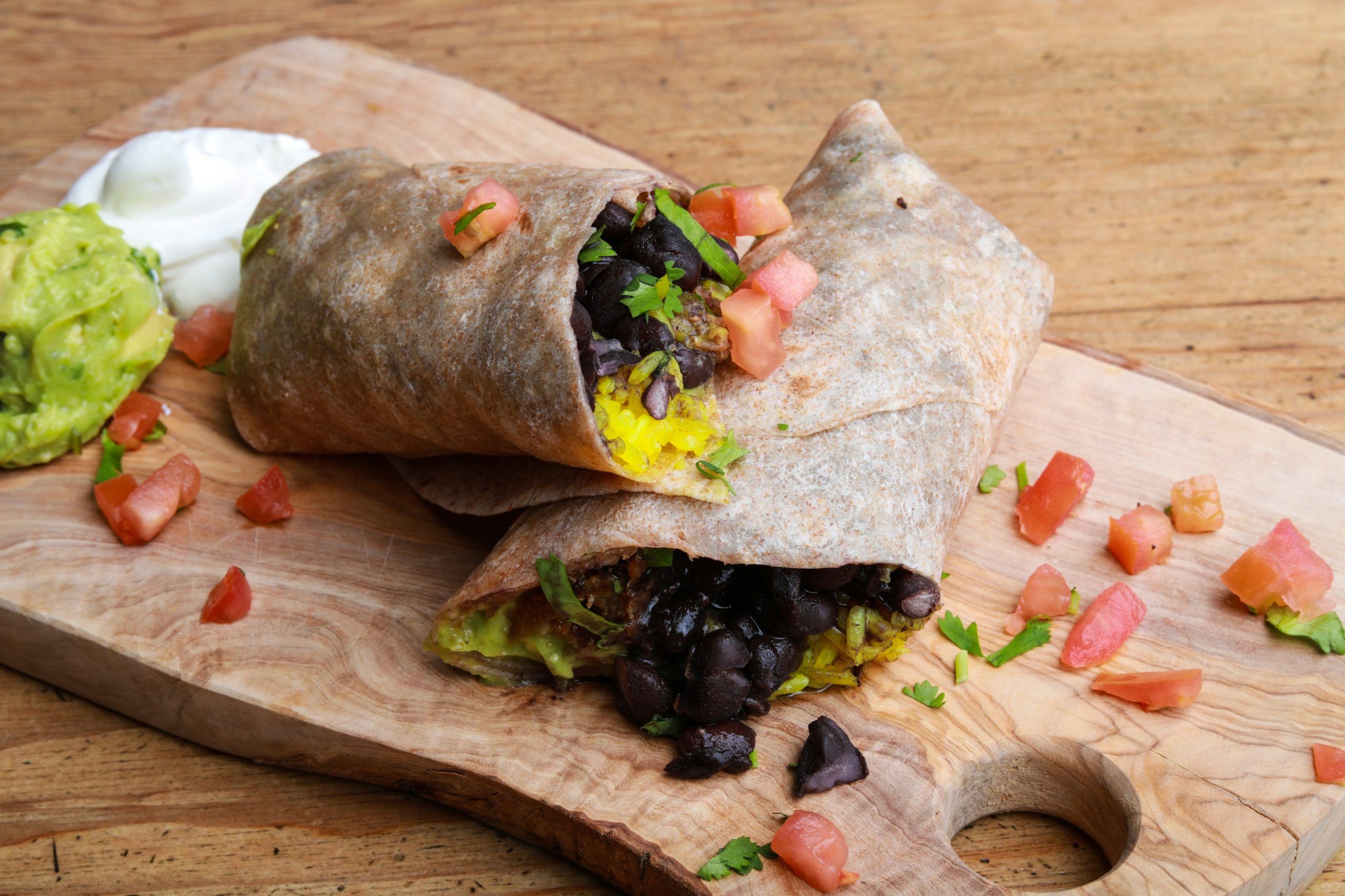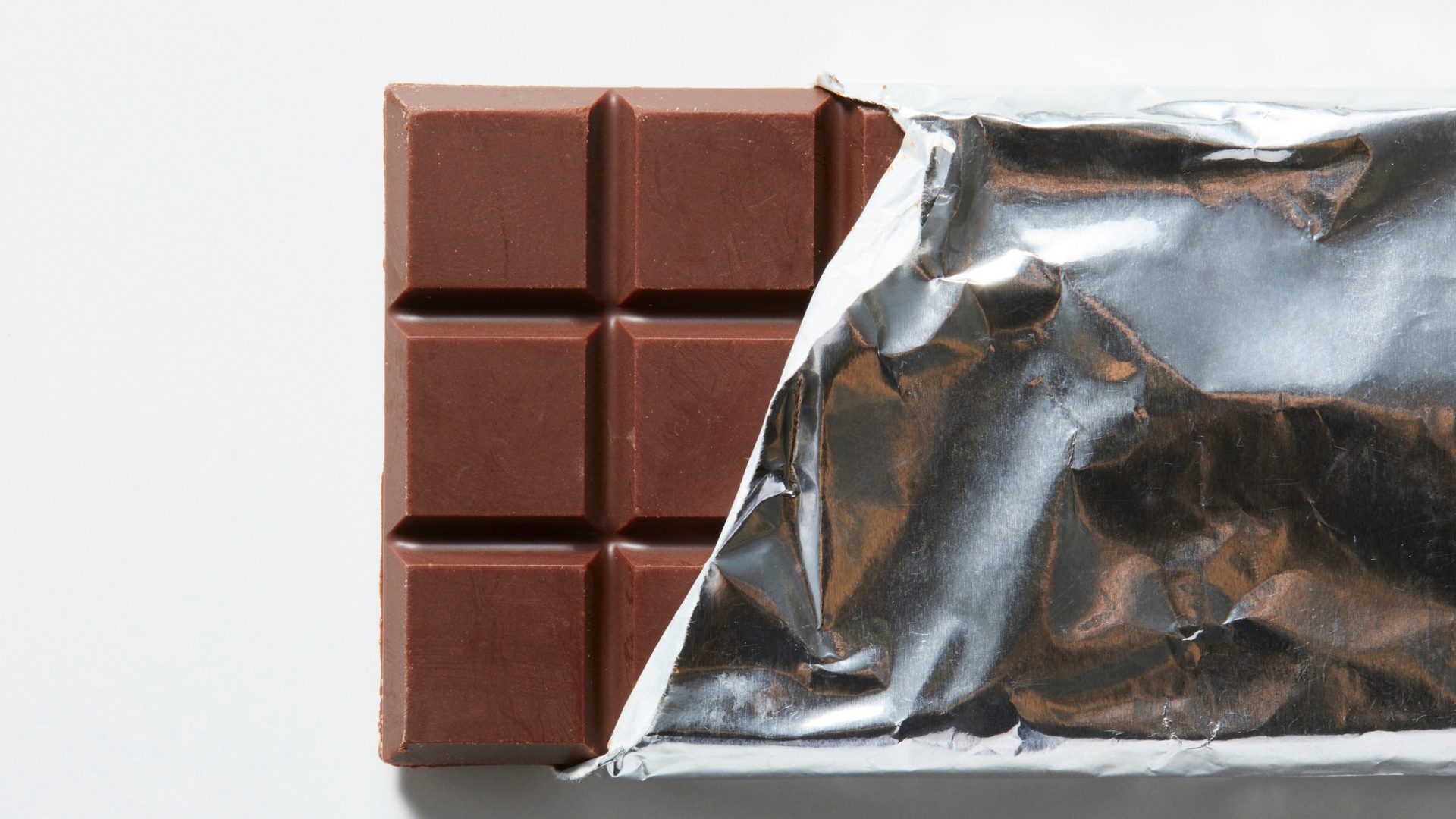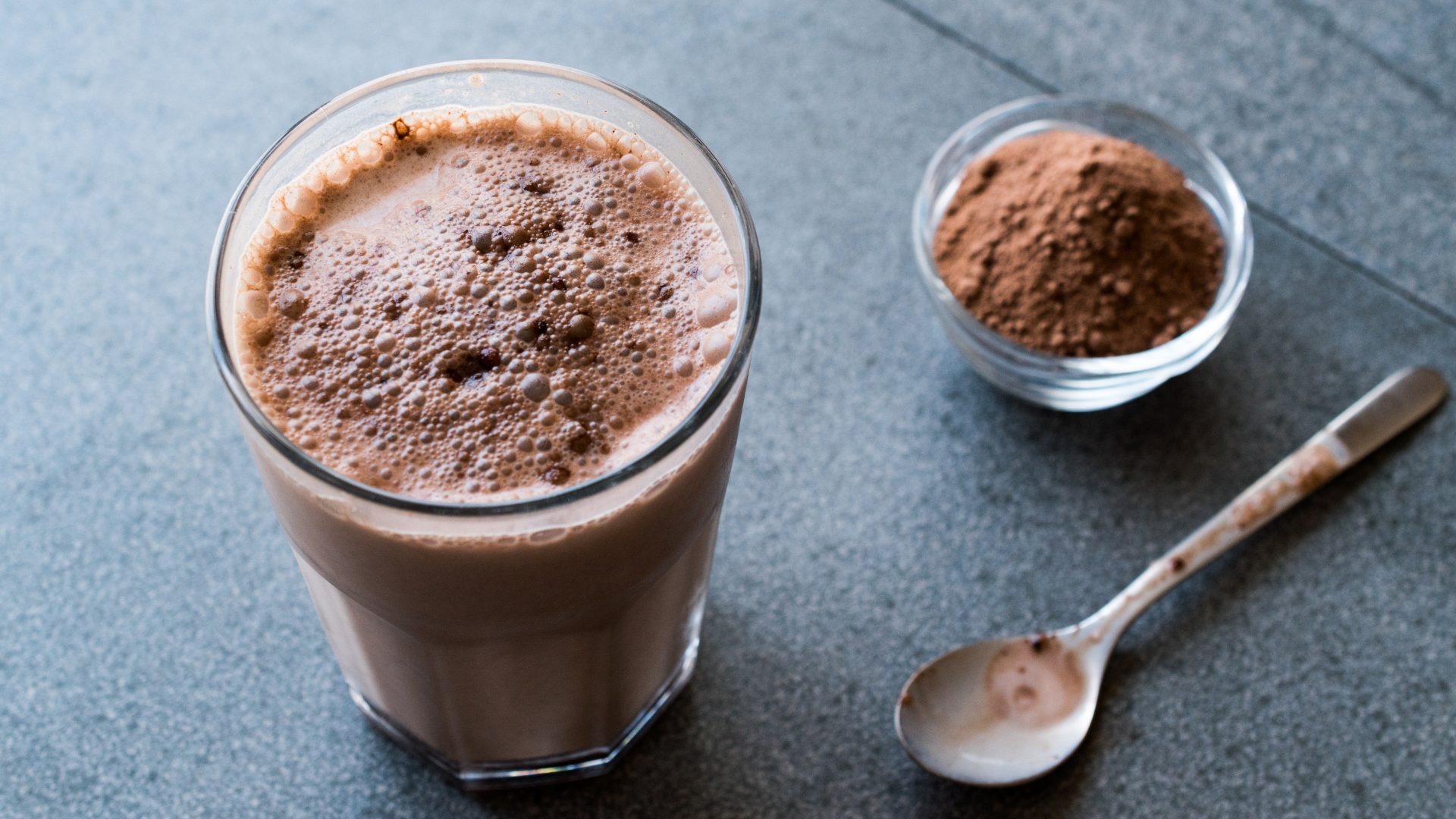Blockbuster diabetes drugs like Ozempic and Wegovy, which have become the darlings of the weight-loss industry, could have an unintended side-effect: shrinking the bottom lines of major snack-making companies.
Junk food has been widely blamed for the obesity epidemic raging across the United States, and in recent years major food manufacturers have been bulking up on snacks.
Now that Big Pharma has come up with drugs that seem to really melt away the pounds, snack-makers are worried the newly svelte will stop grazing between meals. An analysis by Trilliant Health found 9 million prescriptions for Ozempic and Wegovy – both GLP-1 drugs – were written in the fourth quarter of 2022 in the U.S.
Eye-opening Projections
Snacks are a $110.3 billion business and are expected to grow by 3.78% annually through 2023, according to Statista. Per person, Americans are expected to spend $327.70 a year, with consumption higher among those with less income, and women more likely to snack than men.
CNBC recently noted Accenture data which indicate about 75% of consumers plan to snack every day – an activity that HSBC projected to grow 6% annually through 2027 for savory snacks and 4.6% for sweet snacks, especially among millennials and Gen Z consumers.
Morgan Stanley now projects as many as 24 million people could be on GLP-1 drugs like Ozempic and Wegovy by 2035, and that could mean a 3% dip in snack sales. But these drugs are expensive — $1,000 a month for those whose insurers, including some state Medicaid programs and Medicare, decline to pick up the tab.
That leaves an avenue for snack manufacturers to appeal to low-income consumers.
Business Tips
Nutrition experts told The Food Institute snack-makers should produce high-protein, high-fiber snacks, experimenting with different flavors, and incorporating pro- and prebiotics for gut health while sweeteners like dates, honey and stevia could replace sugar.
Additionally, registered dietician Su-Nui Escobar said people on GLP-1 drugs often struggle to eat enough to meet their nutritional needs.
“Snacks are used to bridge the nutrition gaps among this population,” Escobar said.
Registered dietician Avery Zenker noted the cost of healthy food is a major barrier for people trying to lose weight.
“The average American consumes more sugar than the maximum daily recommendation, which not only lacks vitamins and minerals, but also contributes a significant amount of calories from refined carbohydrates,” Zenker said. “Many weight-loss drugs work by reducing appetite, and therefore reducing overall total intake. If instead we choose snacks that are more satisfying and filling, this can help reduce overall calorie intake.”
Protein and fiber keep individuals feeling fuller longer. Zenker noted there is a term called “vanishing caloric density,” the sensation of foods with a “melt in your mouth” feel.
“These types of foods signal to your brain that you ate less than you actually did. Therefore, foods with this property are usually not very filling,” Zenker said.
Barbara Kovalenko, a registered dietician and nutrition consultant, offered this business advice:
“Snack manufacturers should focus on nutrient-dense options.”
Incorporating whole grains, lean proteins, and natural flavors can make snacks both satisfying and healthy, she said, adding that emphasizing portion control packaging and providing clear nutritional information could also “attract individuals conscious of their weight.”
“My prediction is, before the end of the decade, we will have a healthy Oreo that can be put on a plate with an old one, and consumers won’t be able to tell them apart — and that will be a good thing,” Oliver Wright, an executive with Accenture, told CNBC.
The Food Institute Podcast
Food waste is already a global problem, and it could morph into an even larger issue as the world’s population grows. Flashfood founder and CEO Josh Domingues highlights how important collaboration is to fighting food waste, and how Flashfood aims to divert food from landfills.












